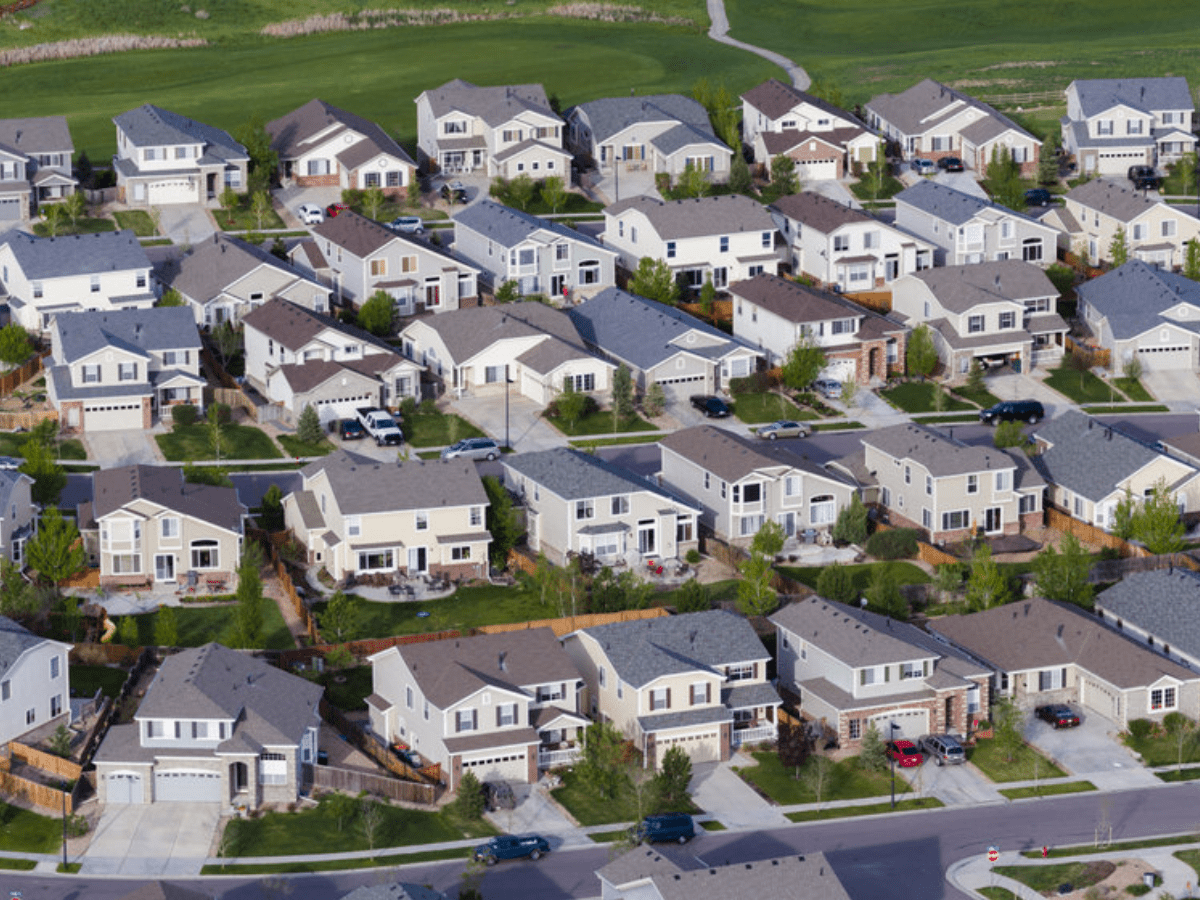
How Changes to the Census Could Affect Your Neighborhood and Home Value
Recently, President Donald Trump announced that he wants to create a new version of the U.S. Census—something that’s never been done before in this way. On his social media platform, Truth Social, he said that people who are living in the U.S. without legal immigration status should not be counted in the census.
Right now, the U.S. Census counts everyone living in the country, no matter where they were born or whether they are documented or undocumented. If this rule changes, it would mean removing entire communities of people from the official population count. This has never happened before in U.S. history.
While the census is mostly known for helping determine things like voting districts and how many seats each state gets in Congress, it also plays a huge role in real estate, housing programs, loans, and even home prices. Changing who is counted in the census could lead to big changes in home values and neighborhood development.
Why the Census Is So Important
The census is done every 10 years and is required by the U.S. Constitution. It helps the government figure out how many seats each state gets in the House of Representatives and how much influence each state has in the Electoral College, which decides the outcome of presidential elections.
But the census does a lot more than just count people for political reasons. It helps collect information about income, education, housing, and commuting patterns through a survey called the American Community Survey (ACS). This data affects:
- How much money neighborhoods get from federal and state governments
- Who qualifies for affordable housing programs
- Where banks and lenders are encouraged to offer loans
- How homes are valued and listed on websites
If you change who gets counted, you change how neighborhoods are funded, developed, and valued.
How a Census Change Could Impact Housing and Home Prices
Accurate population numbers are key to fair government funding. If fewer people are counted in a neighborhood, that area may get less money for things like roads, schools, and public transportation. That can make a neighborhood less attractive to buyers and lower home values.
It also affects loan programs. For example:
- Some low-income areas may lose access to programs that help build affordable housing.
- Certain suburbs might lose or gain access to USDA loans (which help people buy homes in rural areas).
- Homebuyers might see fewer loan options if their neighborhood is misclassified due to missing census data.
Even websites like Zillow and Realtor.com rely on census data to rank neighborhoods based on things like commute times, income levels, school quality, and more. So if data becomes inaccurate, it can mislead buyers and change how a neighborhood is seen online—even if nothing has changed in real life.
The Bigger Picture: Who Gets Hurt the Most?
Removing undocumented residents from the count could disproportionately hurt areas with large immigrant populations, especially in the Southwest—places like California, Texas, Arizona, and Nevada.
If these communities are “erased” from the data, they could:
- Lose funding for schools and healthcare
- Miss out on transportation and housing projects
- Fall behind economically due to fewer resources
This doesn’t just hurt undocumented residents—it hurts everyone who lives in those areas, because the entire neighborhood gets less investment.
What Makes This Census Proposal So Different
Census updates happen every decade. Normally, that means adjusting map boundaries and updating statistics—pretty routine stuff. But what Trump is proposing is very different: it would intentionally leave out a specific group of people. That changes everything.
If millions of people are excluded, data about neighborhoods would no longer match reality. It would make it hard to:
- Track changes in homeownership
- Understand how many people actually live in an area
- Plan for new housing and infrastructure
It would also make it harder for the government to fairly distribute resources and support to the places that need it most.
Will This Actually Happen?
Right now, this idea is still just a proposal. The census is a massive project that takes years to prepare for. Doing a new one quickly, and with new rules, would be extremely difficult.
There’s also the legal side. The U.S. Constitution says the census must count the “whole number of persons” in the country—not just citizens or legal residents. So if this plan moves forward, it will likely face legal challenges in court.
For now, we don’t know whether this new census will really happen or if it’s more of a political statement. But if it does go through, the effects won’t just be political. They could change how homes are bought, sold, financed, and valued all across the country.



